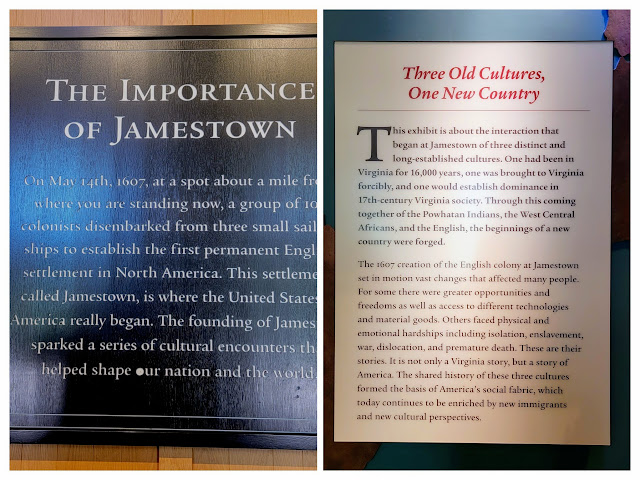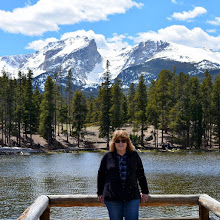My husband and I were watching TV the evening of July 30th when an emergency "Smart 911" message came through on our phone that a wildfire broke out in open space wilderness to the west of our community. We were shocked and went to the end of our main road to see it. These were the scenes that greeted us--large walls of orange fire scattered all around the steep foothills in the distance. We were devastated and very scared.
If you look closely at the bottom left of this photo you can see two other people who came to view the wildfire--it gives some perspective to the view of the fire
This smoke-filled photo shows how close the wildfire was to our very populated suburban area.
My husband and I have lived through a few wildfires since we moved to Colorado eleven yeas ago. One was also very close to our area and we were made to evacuate for a short time. When we realized how long it took us to gather our important papers medicines and other essentials we realized we had to do better, as fires can escalate very quickly! After that experience, we centralized what we would need to bring with us. We also digitalized all our old printed photos, home movies, and many of our important papers and we uploaded them to a cloud service to preserve them.
Click on this timed evacuation list to enlarge it
A neighbor posted this evacuation list on our neighborhood's Facebook page and I thought it was excellent. Even though our neighborhood was not asked to evacuate we prepared as if we were, just in case. We had a few very stressful days of worry, especially when the neighborhood next to ours was placed on a pre-evacuation alert which meant the fire was getting closer.
This photo was posted by our region's firefighters' social media pages. They, and other firefighter units in our area, did an excellent job keeping everyone informed. Since the fire area is partially wilderness the firefighters had to contend with rattlesnakes, bears, and mountain lions, along with very steep rocky uphill inclines. Also, our weather has been very hot--in the high 90s, with low humidity, and we have been without rainfall for weeks.
The Director of Public Affairs for Jefferson County, Colorado, held a press conference every morning and late afternoon that was posted to social media with much information about how many firefighters and apparatus were fighting the fire, what the containment was, information for the 500-plus homeowners closest to the fire, and were evacuated, and so on. The information was very helpful to us all.
Thankfully, we had invested in HEPA air filtering machines when the last wildfire occurred so these machines kept our inside air cleansed when the outdoor air was unhealthy.
All week long we could see and hear much firefighting air power as water from local reservoirs was scooped up by helicopters and planes and sprayed from the air on the multiple fires, while LAT planes dropped plumes of fire retardant. We gained valuable insights into the handling of wildfires and deeply admire the skills of the courageous professional firefighters.
The fire continues to burn, but last we heard it was 30 % contained
We feel somewhat reassured that the wildfire will not reach our neighborhood, but we are still staying prepared. We've been informed that it could take weeks to even months before it is completely under control. Unfortunately, we've learned that this wildfire is believed to be caused by arson, which means it was started by a human or humans, whether intentionally or not, and there is an ongoing investigation. I'll update you on my next post.
Please keep all the brave firefighters in your prayers!
You can also find me on:
I'm linking with:
Mosaic Monday, Hello Monday, Through My Lens Monday, Hearth, and Soul Link Party, Anything Goes Monday, You Are the Star Blog Hop, Nature Notes, Home Matters Linky Party, Good Random Fun, Happiness Is Homemade, Tuesdays With A Twist, Talk About It Tuesday, The Happy Now Tuesday, Wordless Wednesday on a Tuesday, Wordless Wednesday, Wordless Wednesday 2, Wednesday My Corner of the World, Wonderful Wednesday, Thankful Thursday, Little Things Thursday, Thursday Favorite Things, Skywatch Friday, Generic Link Up, Fantastic Friday, Saturday Sparks, Saturday Critters, Sunday on Silverado, Sunday Photo


















































































